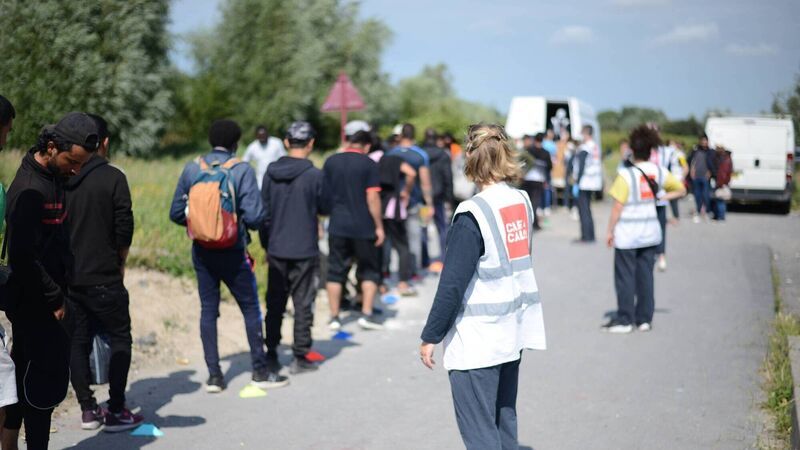In the jungle: what the migrant crisis really looks like in Calais

Holly and her fellow Care4Calais volunteers prepare to distribute emergency clothing to those recently evicted in Calais. Picture: Matt Payne
Try from €1.50 / week
SUBSCRIBELife on the ground at the notorious Calais jungle refugee camp has never been more bleak, and the situation looks set to worsen.
The desolate car park of the BP gas station on the outskirts of Calais is almost unrecognisable. What once was a place for refugees to gather to avail of the NGO services operating in the area has, overnight and thanks to the latest police eviction, become a new refugee settlement; yet another fragmented spin-off of the notorious Calais jungle.
Already a subscriber? Sign in
You have reached your article limit.
Annual €130 €80
Best value
Monthly €12€6 / month
Introductory offers for new customers. Annual billed once for first year. Renews at €130. Monthly initial discount (first 3 months) billed monthly, then €12 a month. Ts&Cs apply.
CONNECT WITH US TODAY
Be the first to know the latest news and updates
Newsletter
The best food, health, entertainment and lifestyle content from the Irish Examiner, direct to your inbox.
Newsletter
The best food, health, entertainment and lifestyle content from the Irish Examiner, direct to your inbox.
© Examiner Echo Group Limited